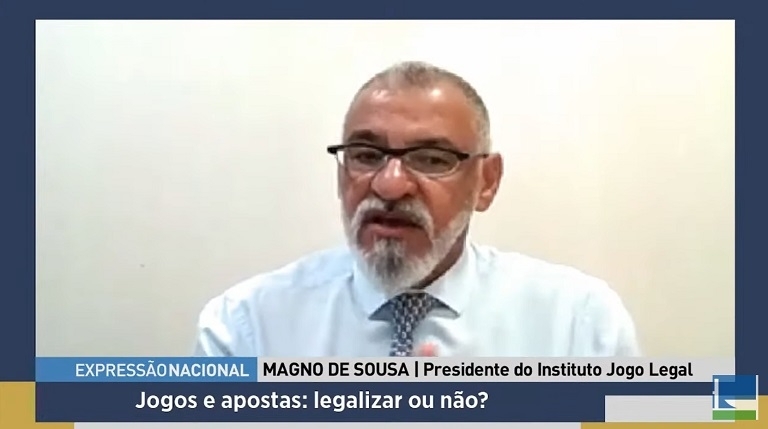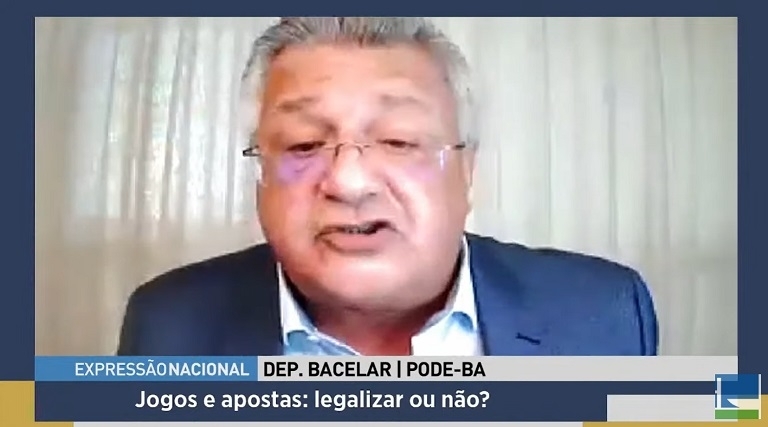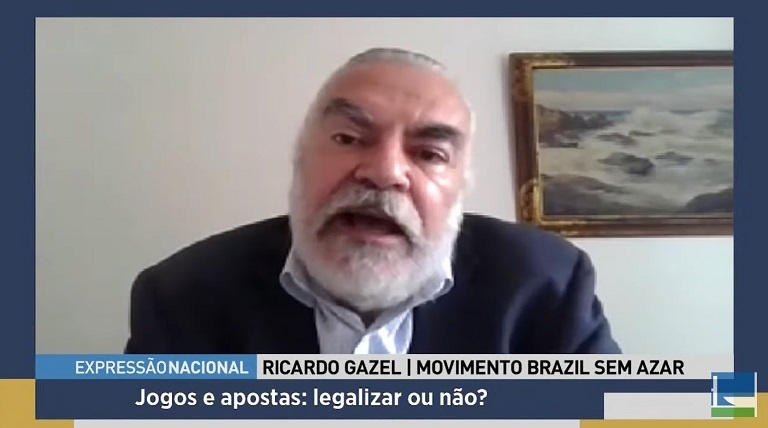

“The prohibitive model failed and did not resolve the issue of gambling in Brazil. We are considered world champions in illegal betting, with a turnover of around R$ 27 billion per year, without any counterpart for the State and society,” said José Magno, president of Legal Gaming Institute (IJL). He recalled that the jogo do bicho is growing in the country, as are illegal bingo games and slot machines. “With the legalization of sports betting, online casinos are also available to society,” he said.

For Magno, there is no non-gaming. “Even in Islamic countries resort casinos are coming, as is the case in the United Arab Emirates. I will paraphrase a speech by the new minister of the Federal Supreme Court, who says that ‘where there is no State, there is already organized crime’”. For him, the government has to be at the forefront of the activity to prevent crime and bring benefits to society.
In his opinion, Brazil is in a position to inspect gaming, both through the technologies available and through the control mechanisms provided for in Bill 442/91, which legalizes all types of gaming verticals. “Cashless is one such mechanism, as the game will not accept cash bets and all transactions will be electronically, completely traceable.”
Regarding the technical control capacity, he cited the example of Caixa Econômica Federal, “which controls 45,000 game terminals in its 14,000 lottery stores.”
For Federal Deputy Bacelar (Pode-BA), “gaming remains officially banned in Brazil for hypocrisy. It has been banned in the country for 80 years and has it diminished? Was it prevented from continuing? No, the activity is expanding The official gaming controlled by Caixa Econômica Federal moves R$ 18 billion per year. So gaming exists. To ban it is to dry ice. Brazil needs to approve the sector to generate employment and income.”

On ludopathy, Deputy Bacelar is categorical: “it is much smaller than addiction to alcohol. The ludopath is not known because there is no control generated by a legalized activity.” According to him, legalization will allow the State to know those who will need help. “The bill deals with this and with its approval it will be possible to get to know the universe of players and fight ludopathy. The State does not know who is a ludopath because it does not have any information from the sector,” he said.
As for money laundering, in Bacelar's assessment, “it can happen in any economic activity, but in gaming it's not worth it, as the tax is very expensive. It's easier to launder money in a parking lot. With the inspection mechanisms that the State has, there are control conditions. In addition, Bill 442/91 reinforces actions to combat the practice.”
For Bacelar, “the proposal is mature, as it has been discussed for over 30 years. There were many public hearings, working groups, seminars, international trips. All the knowledge and good practices are at disposal,” he said.
The deputy stated that the objective is to approve all gaming verticals and generate billions of reais in taxes. “In 2020, Caixa’s lotteries raised R$ 17 billion. The jogo do bicho generates R$ 12 billion annually, bingos R$ 1.3 billion and internet betting, more than 10 billion... Look how much the government fails to collect. Not to mention that the citizen who plays has no protection, as well as those who work in the activity. The jogo do bicho alone employs 350,000 people, who do not have FGTS or social security,” he commented.
Once again, the lack of information or the use of weak arguments marked the position of the debaters against the legalization of gambling in Brazil. Evangelical federal deputy Sóstenes Cavalcante (DEM-RJ) stated that “gaming has been banned in Brazil for 80 years because our society does not share with the activity. Gambling is an illness and a social disgrace that Brazil does not need.”

For him, the breakdown of the family is one of the consequences of legalization and that is why he will continue to fight against the activity. “We do not shy away from the debate. We want to vote soon [Bill 442/91, whose urgency was approved in December and which is on the agenda to go to the Plenary], but we hope that there will be a face-to-face and not a remote session. In a face-to-face vote, we will bury this project once in a while.”
According to him, the argument that casinos are another tool in the tourism industry is not true. “To stay in Brazil, tourists need security and not gambling,” he sentenced.

Ricardo Gazel, from the ‘Brazil without Gaming’ movement, stated that the argument that legalizing gambling will bring in tax collection is illusory, because “illegal operators will not want to enter legality to pay taxes and Brazilian consumers will stop spending on other activities to spend in casino. Thus, the taxes that come from the casinos will no longer be collected from other activities that will start to collect less.” He also said that the approval of Bill 442/91 will contribute to the increase in ludopathy, without admitting that legalization will allow knowing and treating possible addicts to the activity.
Source: GMB